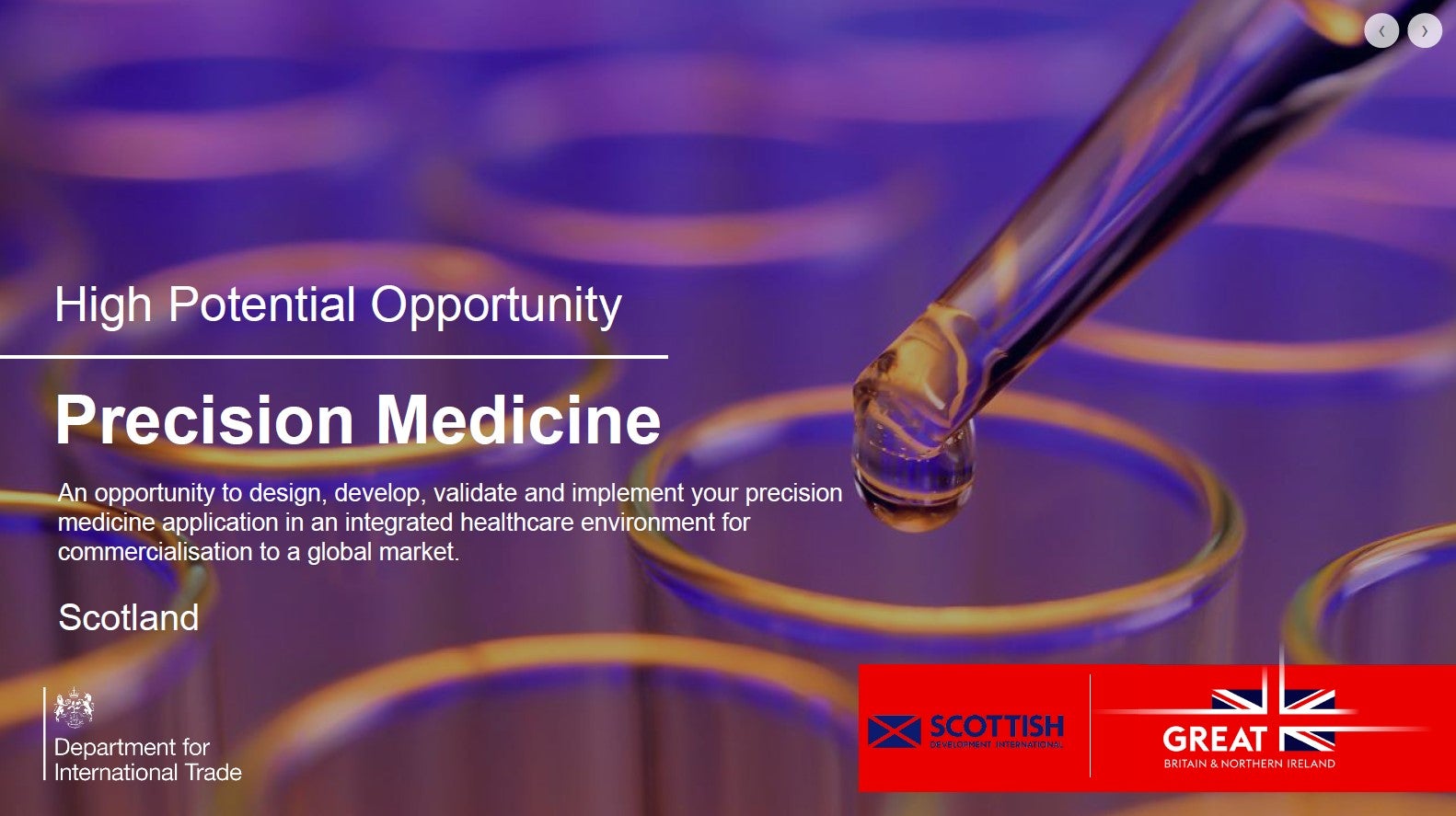14 November is World Diabetes Day, which aims to raise awareness of diabetes and help improve the lives of the more than half a billion people living with diabetes worldwide. For patients with insulin-dependent diabetes, maintaining a healthy blood glucose level can be challenging. Automated insulin delivery (AID) systems, or hybrid closed-loop systems, have been developed to make the job easier. Such systems allow for a complete circle of communication between a continuous glucose monitor (CGM) and insulin pump, which tracks blood glucose and automatically adjusts insulin delivery to help control blood glucose levels.
According to GlobalData analysis, the CGM and insulin pumps market was valued at $10.7bn last year. It is expected to reach $20.2bn in 2030, with a compound annual growth rate (CAGR) of 7.3% from 2021 to 2030. The market is driven by the increase in the prevalence of people with diabetes and growing awareness among consumers regarding the availability of new technological advancements such as AID in the market. While AID systems are primarily used in type 1 diabetes (T1D), patients with type 2 diabetes taking multiple daily injections can also benefit from this technology. Based on a few large, randomised, controlled outpatient studies for children and adults, recent developments in AID systems have led to improved clinical outcomes, including overall time-in-range improvement by an average of 10%, reduced frequency of diabetic ketoacidosis hospitalisations, and decreases in hypoglycaemia and time-below-range.
According to GlobalData’s clinical trials database, there have been more than 60 ongoing or planned clinical trials for AID. Most of them focus on the safety and efficacy in different subpopulations, including young children, athletes and pregnant women. Other trials test innovation in improving pipeline or marketed AID systems, such as better interoperability between different pumps and CGMs, more affordable devices, and easier general usability.
Recently, an NIH-funded research team led by Dr Russell at Massachusetts General Hospital developed an AID system with less user input than existing methods. The researchers tested the device in a randomized trial with more than 300 participants with T1D in 16 clinical centres in the US. It was found that this system could safely improve glucose control with much less input from users and their healthcare providers, making day-to-day management of T1D easier and thereby improving quality of life. The more positive clinical outcome is expected to boost the innovation and application of AID, driving the device market to a new level in the future.







